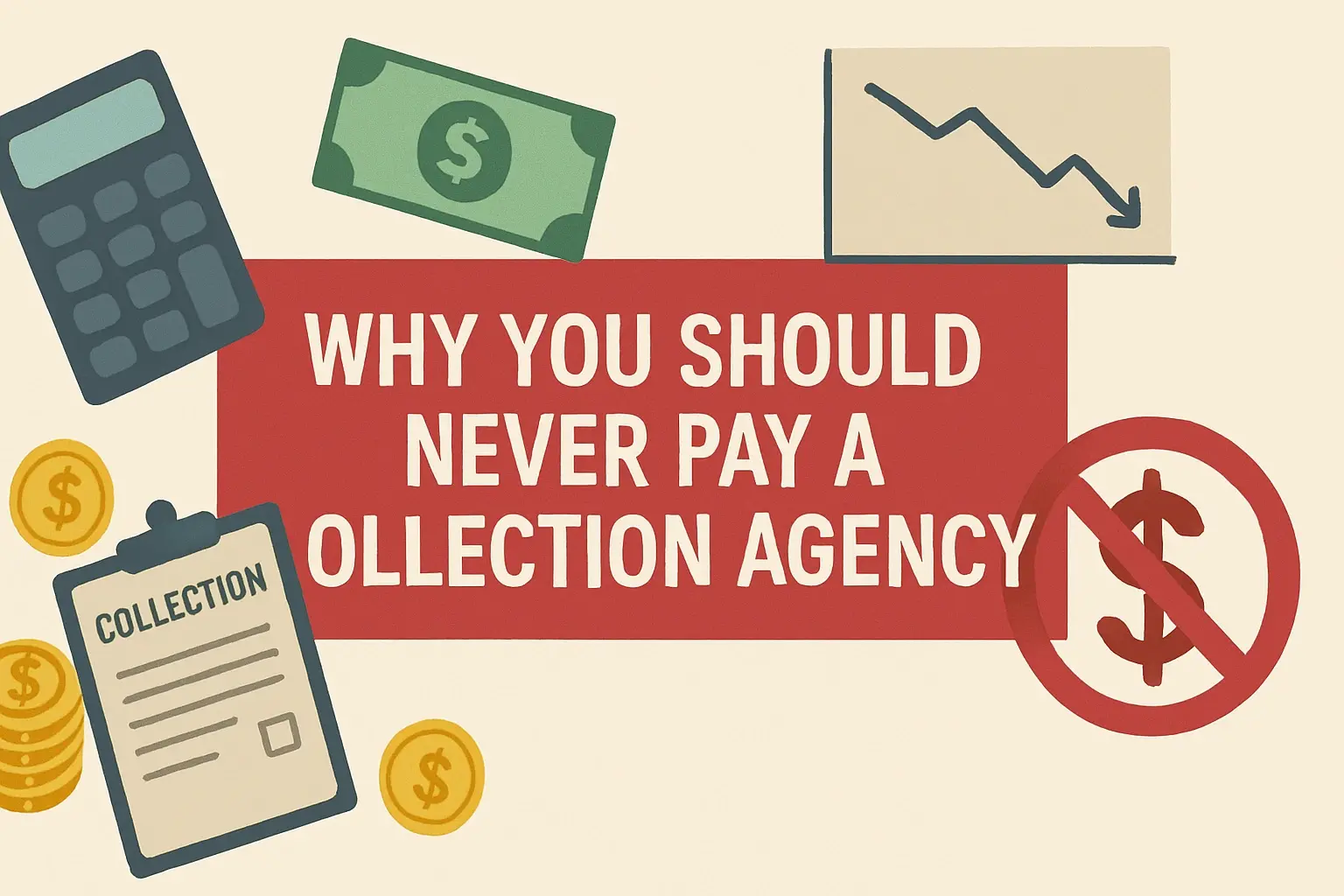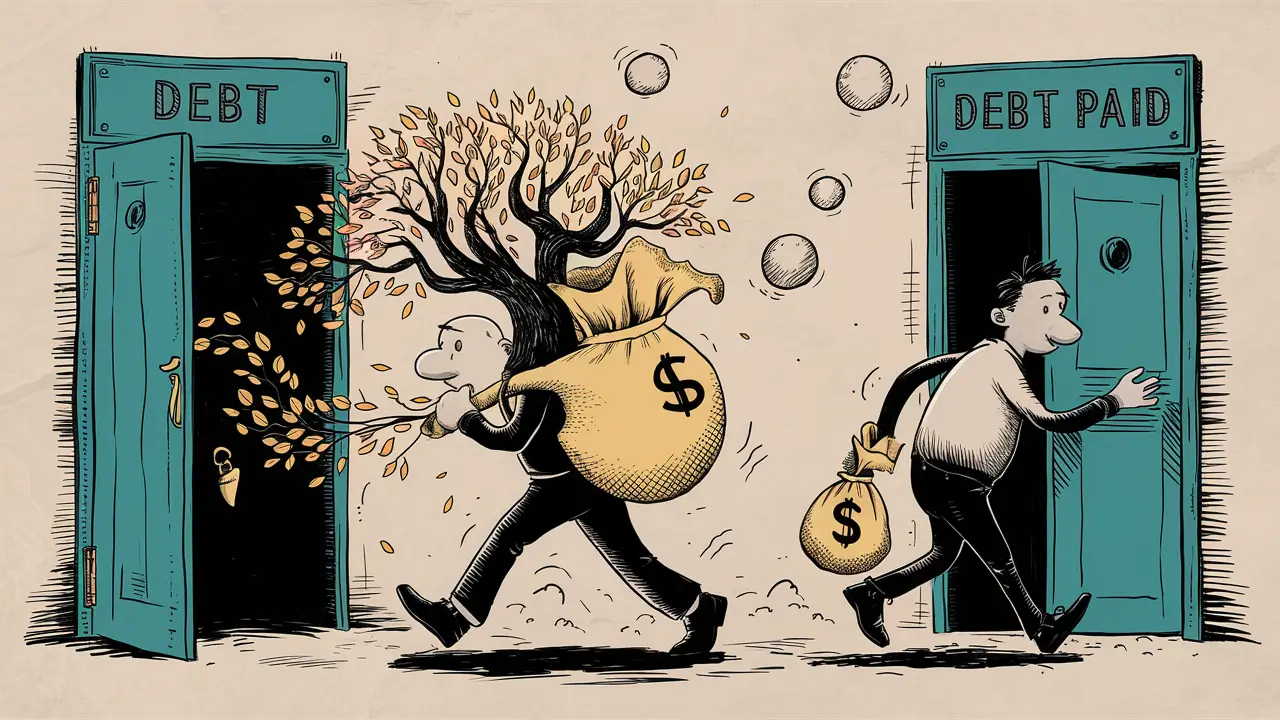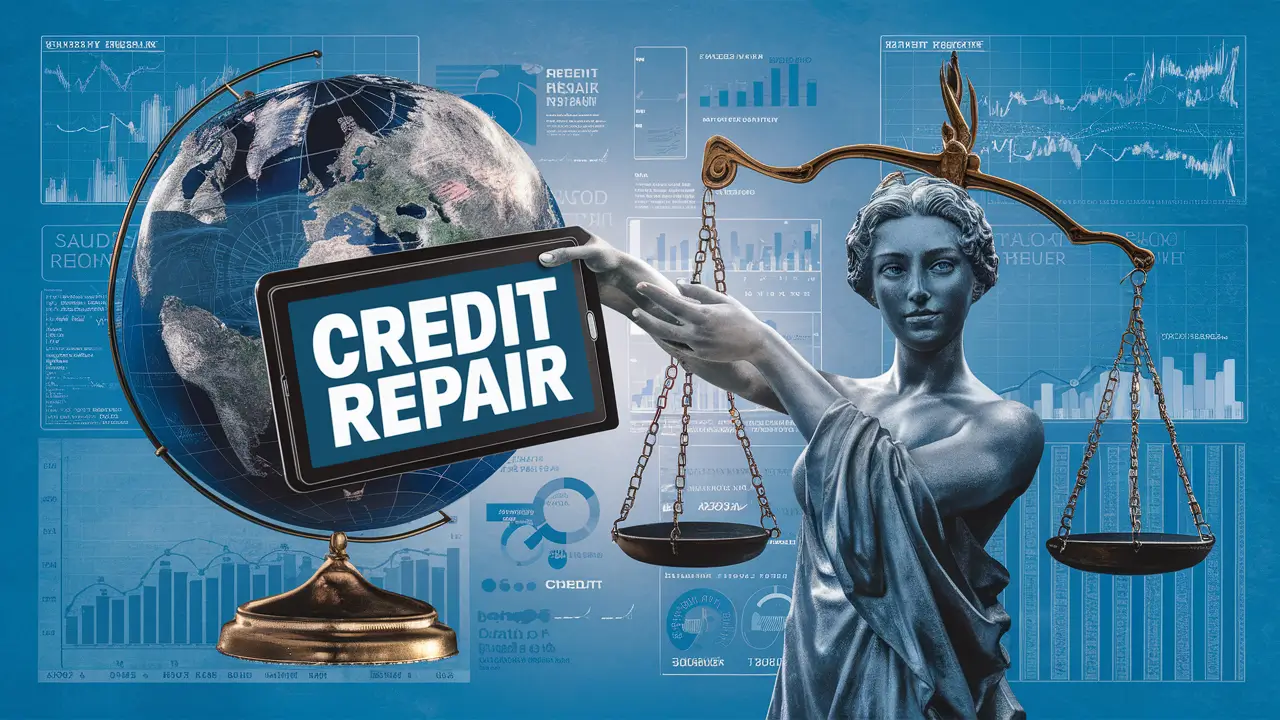-
Posted on: 24 Jul 2024

-
Dealing with debt collectors can be stressful and overwhelming. When a collection account appears on your credit report, it can significantly damage your credit score, making it harder to get approved for loans, rent an apartment, or even secure certain jobs. Understanding your rights and knowing how to effectively dispute a collection is crucial. This article will explore the most compelling reasons to dispute a collection, focusing on those that provide the best chance of success and help you protect your financial health.
Why Dispute a Collection? Understanding the Impact
Before diving into the specific reasons, let's understand why disputing a collection is so important. A collection account negatively impacts your credit score, and the older it gets, the less it affects your score. However, it continues to be visible for up to seven years from the date of the original delinquency. Disputing a collection, even if you believe you owe the debt, can be a valuable strategy for several reasons:
- Potential Removal: If the debt collector can't adequately validate the debt, the credit bureaus are legally obligated to remove it from your credit report.
- Correcting Inaccuracies: Mistakes on your credit report are common. Disputing allows you to correct these errors, which can boost your credit score.
- Buying Time: Disputing can buy you time to investigate the debt and determine the best course of action, such as negotiating a settlement or seeking legal advice.
- Negotiation Leverage: A successful dispute, even if only temporary, can give you leverage when negotiating a settlement with the debt collector. They may be more willing to accept a lower amount to avoid the risk of further disputes and potential legal challenges.
The Top Reasons to Dispute a Collection
When disputing a collection, it's important to be specific and provide as much supporting documentation as possible. Generic disputes like "This is not my debt" are often less effective. Here are the most compelling reasons to dispute a collection, along with guidance on how to present your case:
1. Inaccurate or Incomplete Information
This is often the strongest reason to dispute a collection. Review your credit report carefully for any inaccuracies related to the collection account. Common inaccuracies include:
- Incorrect Account Number: The account number listed on the collection doesn't match your records.
- Wrong Balance: The amount owed is higher than what you actually owe.
- Incorrect Date of First Delinquency: This date is critical because it determines how long the collection remains on your credit report. If the date is wrong, the collection could be reported for longer than it should be.
- Incorrect Creditor Information: The name of the original creditor or the debt collector is incorrect.
- Account Already Paid: You already paid the debt, but it's still showing as unpaid on your credit report.
How to Dispute: When disputing inaccurate information, provide copies of any documentation that supports your claim, such as:
- Payment Records: Bank statements, cancelled checks, or money order receipts showing that you paid the debt.
- Contracts or Agreements: Original contracts or agreements that show the correct account number, balance, or other relevant information.
- Correspondence: Letters or emails between you and the original creditor or debt collector that contradict the information on your credit report.
Be very specific in your dispute letter. Clearly state the inaccurate information and explain why you believe it's wrong. For example:
"I am writing to dispute the collection account [Account Number] with [Collection Agency] appearing on my credit report. The balance listed is $500, which is incorrect. I have attached a copy of a bank statement showing that I paid $500 to the original creditor, [Original Creditor Name], on [Date of Payment]."
2. Request for Debt Validation
Under the Fair Debt Collection Practices Act (FDCPA), you have the right to request validation of a debt. This means the debt collector must provide proof that they are legally entitled to collect the debt and that the debt is actually owed. This is often the *most* effective initial strategy, even if you suspect you owe the debt.
What to Include in a Debt Validation Request:
- Your Name and Address: Ensure the debt collector knows who you are.
- Account Number: Identify the specific debt in question.
- Request for Validation: Clearly state that you are requesting validation of the debt under the FDCPA.
- Specific Information Requested: Be specific about what you want the debt collector to provide, such as:
- The name and address of the original creditor.
- The account number with the original creditor.
- A copy of the original contract or agreement.
- Evidence that the debt collector is legally authorized to collect the debt (e.g., a copy of the assignment).
- A payment history.
What Happens After You Request Validation?
The debt collector has a limited time to respond to your request. If they fail to provide adequate validation within 30 days, they must cease collection efforts. This means they cannot contact you, sue you, or report the debt to the credit bureaus. If they continue to pursue the debt without validation, they may be violating the FDCPA.
Why This is Effective: Many debt collectors purchase debts for pennies on the dollar and lack the necessary documentation to validate them. A well-crafted debt validation request can force them to drop the collection account.
3. Statute of Limitations
Every state has a statute of limitations on debt, which is the legal time limit for a creditor to sue you to collect a debt. After the statute of limitations expires, the creditor can no longer sue you to collect the debt. However, the debt still exists, and the creditor can still try to collect it, but they cannot use the courts to force you to pay.
Important Considerations:
- State Laws Vary: The statute of limitations varies by state and type of debt (e.g., credit card debt, medical debt, personal loans). Research the statute of limitations for your specific state and type of debt.
- Re-Aging the Debt: Certain actions can "re-age" the debt, restarting the statute of limitations. Making a partial payment, acknowledging the debt in writing, or even promising to pay can reset the clock.
How to Dispute: If you believe the statute of limitations has expired, state this clearly in your dispute letter. However, be cautious about admitting you owe the debt, as this could potentially restart the statute of limitations. Instead, you can state something like:
"I am writing to dispute the collection account [Account Number] with [Collection Agency] appearing on my credit report. Based on my understanding of the date of first delinquency and the statute of limitations in my state [State Name], it appears that the statute of limitations for this debt has expired. I request that you provide proof that you have the legal right to sue me to collect this debt."
While the collection agency *may* still attempt to collect, it adds a layer of defense and, if the statute has indeed expired, they cannot legally pursue a lawsuit.
4. Lack of Proper Notification
The FDCPA requires debt collectors to provide you with certain information within five days of their initial communication. This includes:
- The amount of the debt.
- The name of the creditor to whom the debt is owed.
- A statement that unless you dispute the validity of the debt within 30 days, the debt will be assumed to be valid.
- A statement that if you notify the debt collector in writing within 30 days that the debt is disputed, the debt collector will obtain verification of the debt and mail you a copy.
- A statement that the debt collector will provide you with the name and address of the original creditor, if different from the current creditor, if you request it in writing within 30 days.
How to Dispute: If the debt collector failed to provide this initial notification, or if the notification was incomplete, you can dispute the collection on these grounds.
"I am writing to dispute the collection account [Account Number] with [Collection Agency] appearing on my credit report. I did not receive the initial written notification required by the Fair Debt Collection Practices Act within five days of your first communication. This notification should have included [List the missing information]. Therefore, I request that you remove this collection account from my credit report."
5. Cease Communication Request
Under the FDCPA, you have the right to request that a debt collector cease all communication with you. This is a powerful tool if you're being harassed or overwhelmed by their collection efforts.
How to Request: Send a written request to the debt collector stating that you want them to cease all communication with you. Send the letter via certified mail with return receipt requested to have proof of delivery.
What Happens After You Request: The debt collector must generally stop contacting you, except to notify you that they are terminating collection efforts or that they intend to take legal action (i.e., sue you). Continuing to contact you after receiving a cease communication request is a violation of the FDCPA.
How to Dispute: If the debt collector continues to contact you after you've sent a cease communication request, you can dispute the collection and file a complaint with the Consumer Financial Protection Bureau (CFPB) and your state's attorney general.
"I am writing to dispute the collection account [Account Number] with [Collection Agency] appearing on my credit report. On [Date], I sent you a written request to cease all communication with me regarding this debt. Despite this request, you have continued to contact me on [Dates]. This is a violation of the Fair Debt Collection Practices Act. I request that you remove this collection account from my credit report and cease all further communication with me."
Crafting Your Dispute Letter
Regardless of the reason you choose to dispute a collection, it's important to craft a clear, concise, and professional dispute letter. Here are some tips:
- Be Specific: Clearly state the reason for your dispute and provide supporting documentation.
- Be Concise: Keep your letter brief and to the point. Avoid emotional language or irrelevant details.
- Be Professional: Maintain a polite and professional tone. Avoid accusatory language or threats.
- Send via Certified Mail: Send your dispute letter via certified mail with return receipt requested. This provides proof that the credit bureau or debt collector received your letter.
- Keep Copies: Make copies of your dispute letter and all supporting documentation for your records.
What Happens After You Dispute?
Once you've submitted your dispute, the credit bureau has 30 days (or 45 days in some cases) to investigate your claim. During this time, they will contact the debt collector to verify the information.
Possible Outcomes:
- The Collection is Verified: If the debt collector provides sufficient evidence to verify the debt, the collection will remain on your credit report.
- The Collection is Deleted: If the debt collector fails to provide adequate validation or if the credit bureau finds an error, the collection will be removed from your credit report.
- The Collection is Updated: The credit bureau may update the collection with corrected information.
What to Do After the Investigation:
- If the Collection is Deleted: Congratulations! Monitor your credit report to ensure the collection remains removed.
- If the Collection is Verified or Updated: You have the right to add a consumer statement to your credit report explaining your side of the story. You can also consider escalating your dispute by filing a complaint with the CFPB or seeking legal advice. You may also want to try disputing directly with the collection agency if you haven't already.
Additional Tips for Dealing with Debt Collectors
- Know Your Rights: Familiarize yourself with the Fair Debt Collection Practices Act (FDCPA).
- Document Everything: Keep records of all communication with debt collectors, including dates, times, and the content of conversations.
- Don't Admit Liability: Be careful about admitting you owe the debt, especially if the statute of limitations may have expired.
- Negotiate a Settlement: If you owe the debt and can't afford to pay it in full, try to negotiate a settlement with the debt collector. They may be willing to accept a lower amount.
- Consider Professional Help: If you're struggling to deal with debt collectors on your own, consider seeking help from a credit counselor or attorney.











